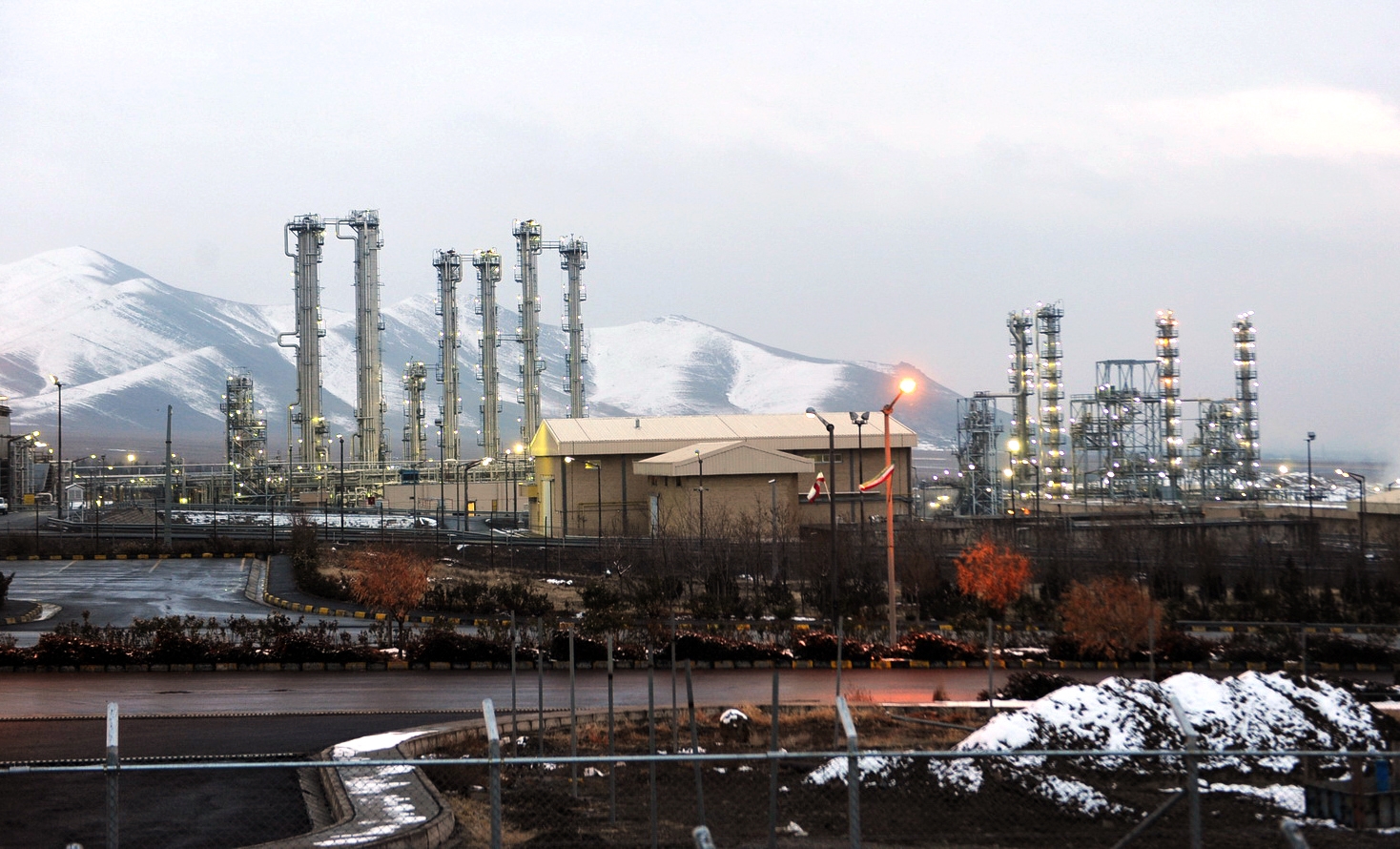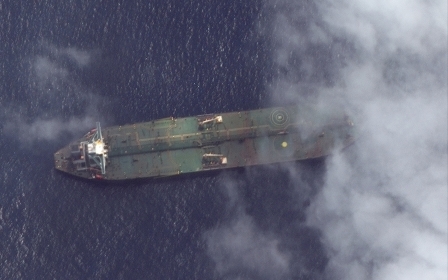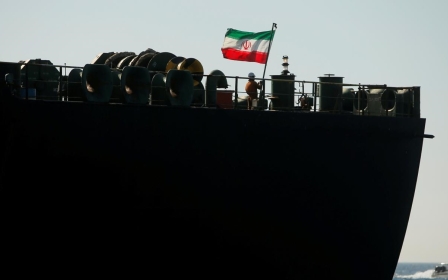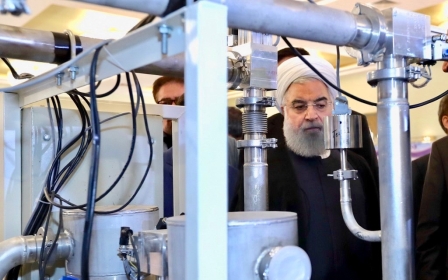France insists downgraded Iran deal not dead

France has insisted that a resolution it has been trying to broker over Iran's faltering 2015 nuclear deal with world powers can still be reached, despite Iran downgrading its commitments in response to US measures.
"The channels for dialogue are still open, including today... [but] Iran must give up such actions," French Foreign Minister Jean-Yves Le Drian said on Sunday, accusing Iran of "making a bad response to a bad decision by the Americans".
Iran announced on Saturday that it had fired up centrifuges that advanced its nuclear capabilities, the latest of measures it threatened to take if Europe did not act to ameliorate the effects of sanctions imposed by the US when it abandoned the nuclear deal in 2018.
The development has allowed Iran to enrich uranium to levels far beyond the limits set in the nuclear agreement, though Iran has said it does not have immediate plans to do so.
The 20 percent enrichment levels enabled by the new centrifuges also still fall well short of the 90 percent threshold needed for nuclear weapons, which Iran has denied it has plans to develop.
New MEE newsletter: Jerusalem Dispatch
Sign up to get the latest insights and analysis on Israel-Palestine, alongside Turkey Unpacked and other MEE newsletters
On Sunday, Iran followed its announcement by accusing Europe of failing to honour its own commitments under the nuclear deal.
"The deal is not a one-way street, and Iran will act accordingly as we have done so far by gradually downgrading our commitments," said Ali Akbar Salehi, director of Iran's nuclear energy agency.
"Iran will continue to reduce its nuclear commitments as long as the other parties fail to carry out their commitments," Salehi said, speaking after meeting the acting head of the UN nuclear watchdog (IAEA), Cornel Feruta, in Tehran on Sunday.
Feruta, whose non-proliferation inspectors monitor Iran's nuclear programme, also planned to see Foreign Minister Mohammad Javad Zarif and other senior Iranian officials.
The IAEA's 35-nation board of governors will discuss Iran at a quarterly meeting that begins on Monday.
Since May, Iran has begun to breach caps on its nuclear capacity set by the deal in retaliation for US pressure on Iran to negotiate restrictions on its ballistic missile programme and support for proxy forces around the Middle East.
Iran says its retreat from terms of the deal is reversible if European signatories manage to restore its access to foreign trade promised under the nuclear deal but blocked by the reimposition of US sanctions.
Middle East Eye delivers independent and unrivalled coverage and analysis of the Middle East, North Africa and beyond. To learn more about republishing this content and the associated fees, please fill out this form. More about MEE can be found here.




